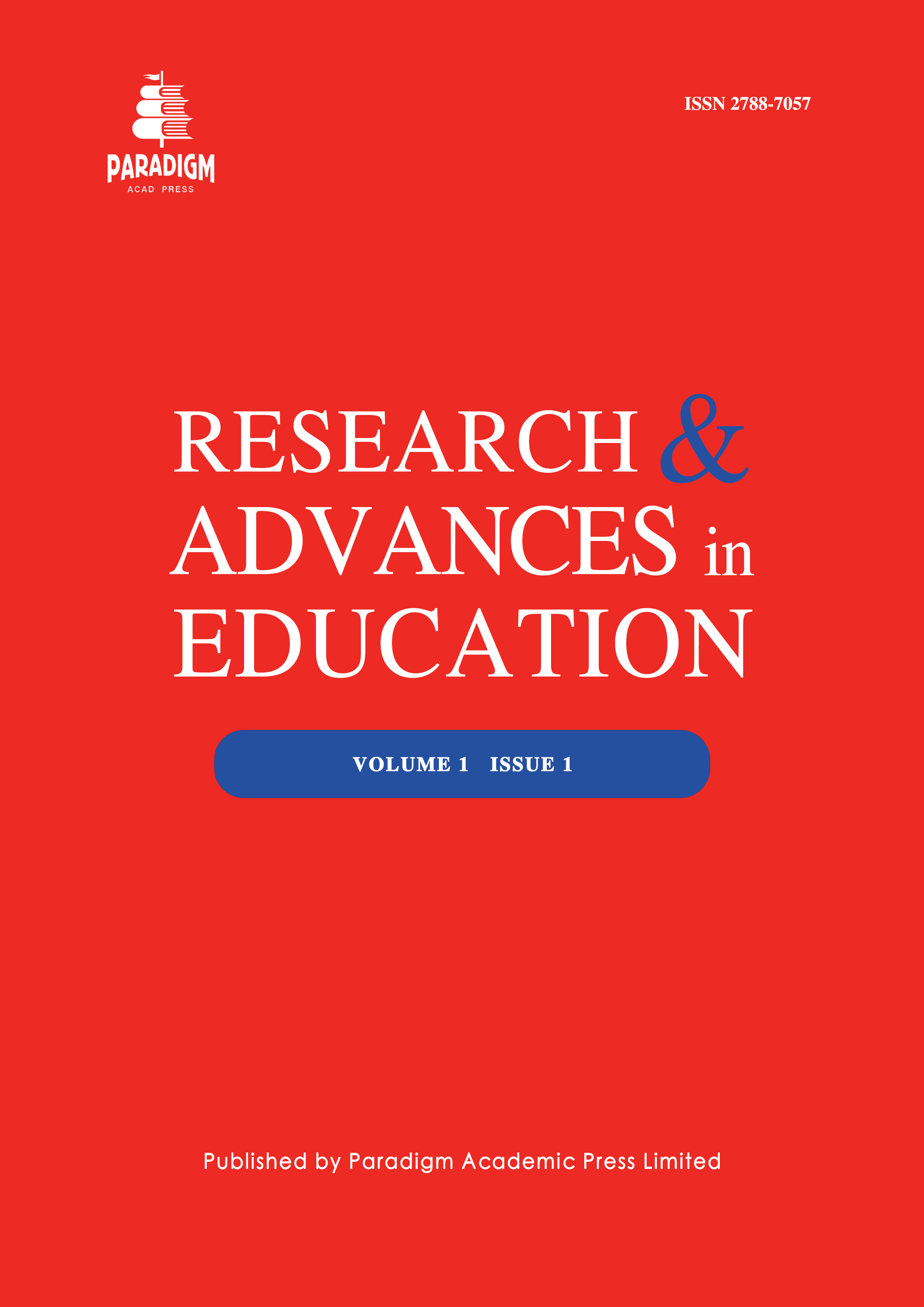The Effect of Explicit Deduction and Induction on College Students’ Acquisition of Non-Finite Verbs: An Empirical Study
DOI:
https://doi.org/10.56397/RAE.2022.07.05Keywords:
explicit deduction, explicit induction, non-finite verbs, college studentsAbstract
Grammar is an integral part of English learning. There are two explicit teaching methods, namely explicit induction (abbreviated as EI) and explicit deduction (abbreviated as ED). Whether there are different effects in using these two methods to teach non-finite verbs, has not been given enough attention. This study aims to help researchers and teachers understand the effects of ED and EI (abbreviated as induction) on students’ acquisition of non-finite verbs. Therefore, the study adopts tests and questionnaires to collect data and selects participants of 86 second-year non-English major undergraduate students from three classes at a comprehensive university. Findings indicate that 1) EI is more effective in teaching than ED, for the average score of the induction class is higher than that of the deduction classes, which shows that the class that adopts the EI performs better. 2) Students are accustomed to the ED but tend to accept the EI. The most common reason leading to such tendency seems to be that students are not confident in their inductive ability due to the lack of sufficient training in EI. Based on the findings, implications for pedagogical practice in L2 classrooms are discussed.


